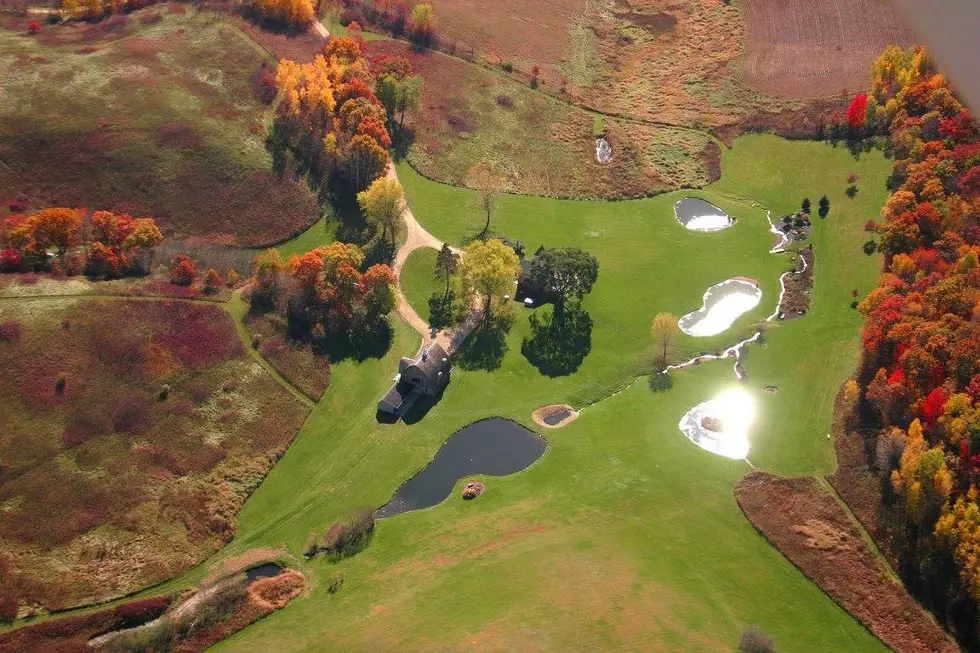
Massachusetts Bear Killing Warns Others
Black bears have been coming out of hibernation for a few weeks now in Massachusetts. If you live in bear territory here in the commonwealth and you leave them a regular food source, expect regular visits. My family has encountered a large black bear recently early in the morning hours.
In Massachusetts, can you shoot to scare a bear a little?
Nope.
The following news story hit local papers last October and is a good lesson.
A black bear was shot and killed on a private residence in the western part of Massachusetts last month and the shooter is being faulted for it. This is obviously prompting questions of what you can and cannot do on your property when it comes to wildlife, black bears in particular.
The Massachusetts Environmental Police said that the unnamed Clarksburg resident was in violation of two things:
Hunting bear out of season, hunting with an improper implement (a shotgun), and hunting within 500 feet of a dwelling. -berkshireeagle.com
The shooting took place on Sept. 27, 2023 and the person was cited and fined.
Bear Killing In Western Massachusetts Reminds Residents Of Law
Massachusetts law says that:
Under certain circumstances, landowners, tenants, members of their immediate families, or persons permanently employed by them may kill a bear that is caught in the act of damaging their property. -mass.gov
If You See A Black Bear on Your Property in Massachusetts, What Should You Do?
Bear territory in MA is spreading eastward
Protect Your Livestock
- Avoid pasturing animals in remote areas, areas with nearby heavy wooded cover, or areas with wooded gullies or other pathways which bears may use.
- Do not leave carcasses of dead animals exposed in fields. You should bury or incinerate them.
- Livestock feed attracts bears. Store feed in secure outbuildings protected by electric fencing or in a bear-proof container. Avoid feeding livestock in a confined pen which a bear may enter.
- When possible, pen livestock in or near a barn at night. Avoid field-birthing if possible, or clean areas by removing any afterbirth.
- Do not place supplemental foods nearby as a distraction. This can attract or habituate bears and is counterproductive.
- Consider the use of guard animals.
- Contact local bear hunters to hunt in your fields. The early September bear season coincides with the peak of bear-caused crop damage. Contact a MassWildlife District Office or a local sportsmans’ club to connect with bear hunters.
- In some instances, permitted houndsmen may use bear hounds to chase bears away from livestock they are damaging. This relief may be temporary. Contact a MassWildlife District Office or the Massachusetts Environmental Police at 1 (800) 632-8075 for more information.
LOOK: 11 tick-borne illnesses and what to watch out for during your outdoor adventures
Gallery Credit: Martha Sandoval
More From WBEC FM









